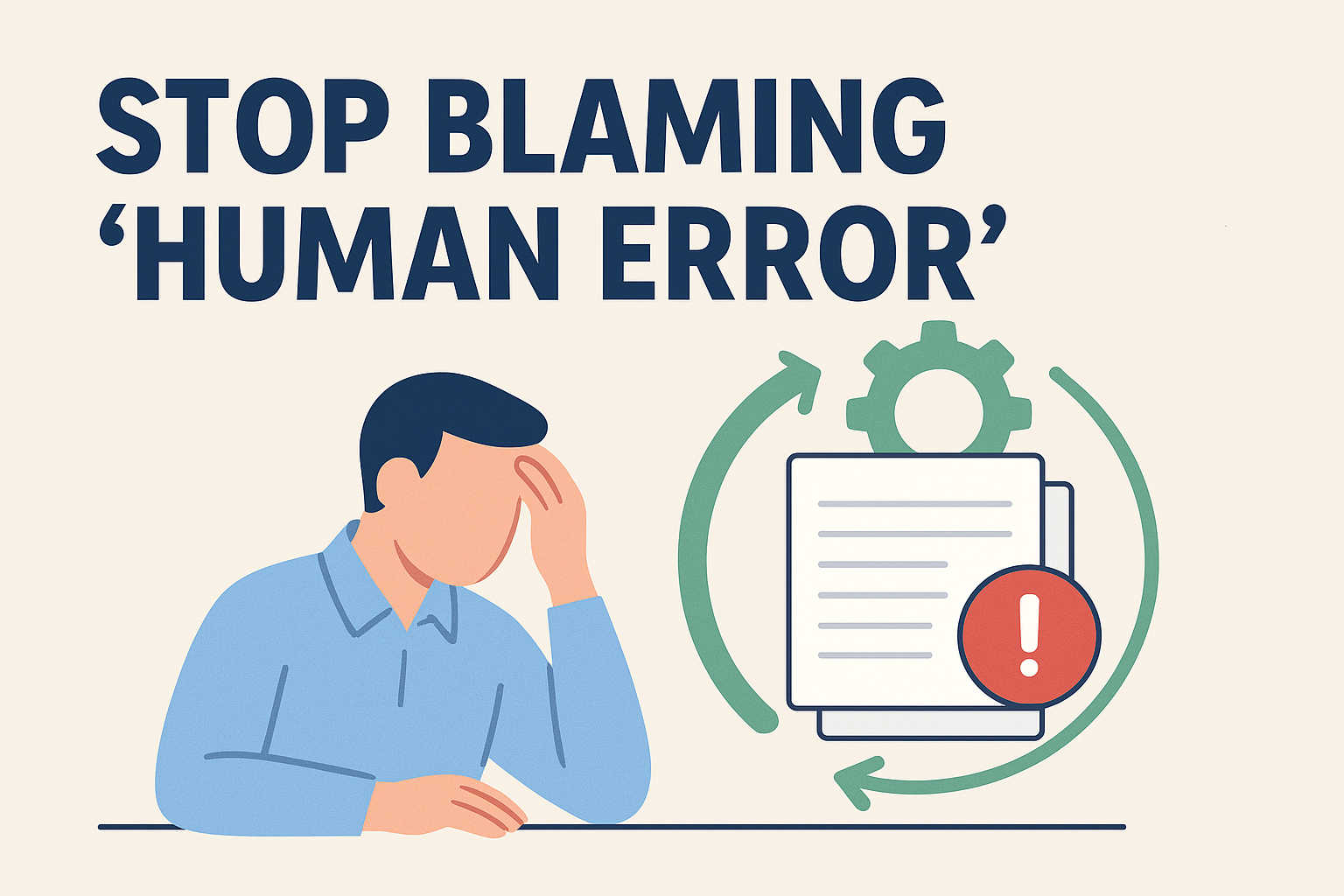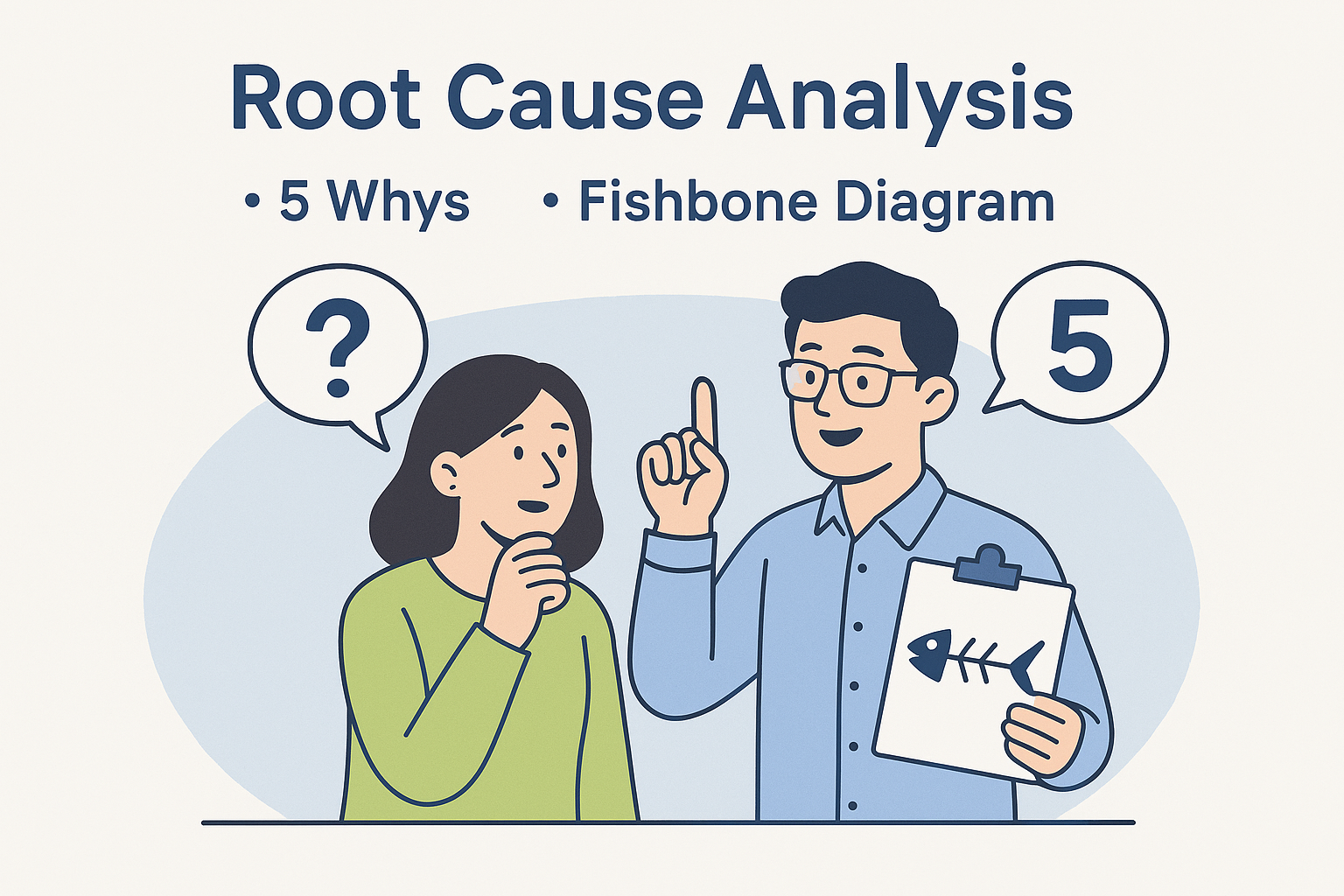Mohamad-Ali Salloum is a Pharmacist and science writer. He loves simplifying science to the general public and healthcare students through words and illustrations. When he's not working, you can usually find him in the gym, reading a book, or learning a new skill.
First COVID Treatment for Younger Kids is now FDA approved
Share
Remdesivir..
I bet you’ve heard about this molecule during the pandemic.
This molecule was originally approved by FDA in October 2020 for hospitalized patients aged 12 and above. (Their weight should be at least 40 kilograms)
Properties of Remdesivir:
This molecule is an antiviral drug that acts by limiting the SARS-CoV-2 replication. How?
The virus has a machine that can use the human’s cell components to multiply itself. This machine is called the RNA-dependent RNA polymerase.
Remdesivir is a nucleotide prodrug of an adenosine analog. This means that it mimics the function of another molecule that is used by the machine to build the virus. When Remdesivir sits in place of the molecule that was supposed to be in its place, it terminates the RNA transcription prematurely, thus preventing the virus from multiplying itself.
The usual Adverse events that were observed include: nausea, Elevated transaminase levels, Increase in prothrombin time without a change in the international normalized ratio (INR), and hypersensitivity.
Approvals:
Intravenous Remdesivir is approved for treatment of:
- Mild to moderate Covid-19 in high-risk, non-hospitalized patients (a 3-day course is initiated within 7 days of symptom onset.)
- Hospitalized patients with Covid-19 (a 5-day course)
FDA expanded the approval for the intravenous Remdesivir where It’s now available as FDA Emergency Use Authorization (EUA) for treatment of COVID-19 in non hospitalized and hospitalized pediatric patients:
- Weighing 3.5 kg to 40 kg
- Age <12 years and weighing > 3.5 kg.
- Children as young as 28 days can be given the medication.
A phase II/III study was done by “Gilead Sciences” and the scientists observed that 75% of the pediatric patients had clinical improvement at day 10, and 85% showed improvement at last assessment. Adverse events were reported in 72% of the children, and 21 % of them had serious adverse event.
The FDA eventually assessed that the safety profile of Remdesivir is similar in pediatric subjects and adults.
Adverse events that were observed in pediatric patients:
Elevated levels of liver enzymes, allergic reactions, fever, shortness of breath, rash, nausea, sweating, or shivering. (2)
As a summary:
| Drug Class | Anti-Viral |
| Mechanism of Action | Inhibits SARS-CoV-2 RNA-dependent RNA polymerase (RdRp), which is essential for viral replication |
| Route of Administration | Intravenous (IV) |
| Side effects | Nausea, Elevated transaminase levels, Increase in prothrombin time without a change in the international normalized ratio (INR), and hypersensitivity. |
List of Services
ABOUT THE AUTHOR
Mohamad-Ali Salloum, PharmD
Share
Recent articles:





















